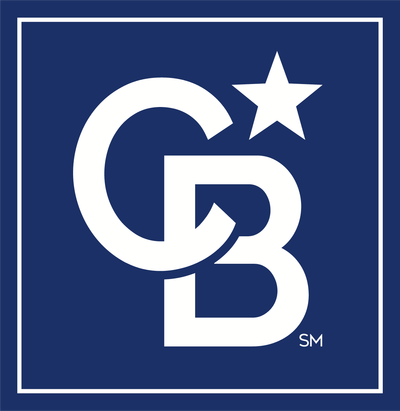Buying Property in Costa Rica- Part 4
TAXES AND UTILITIES
So, now that you know about the process of purchasing property in beautiful Costa Rica, let’s talk about what your responsibilities are in terms of taxation after the purchase is complete.
Obviously, things like transfer taxes are included in the closing costs, so we are going to concentrate on things that will be an annual cost for property owners, and this will differ slightly depending on whether you purchased your property under a corporation or as an individual.

Property Tax
In Costa Rica your property tax is calculated as 0.25% of the value of your home, unless the value is over $234,000 US, then it falls under the Luxury Home Tax.
Both categories of tax are due annually and the amount is paid to the Ministerio de Hacienda, which can usually be found in the local municipal building.
Luxury Home Tax
The Luxury Home Tax works on a sliding scale. The highest amount that you will be asked to pay is 0.55%, which is still extremely low compared to those in America which according to Rocket Mortgages ranges from 0.28-2.49%.
In Canada, (according to an article on Weathsimple.com property owners can expect to pay between 0.24- 1.78%.
The luxury home tax is also remitted to the Ministerio de Hacienda.
Income Tax on Rental Property
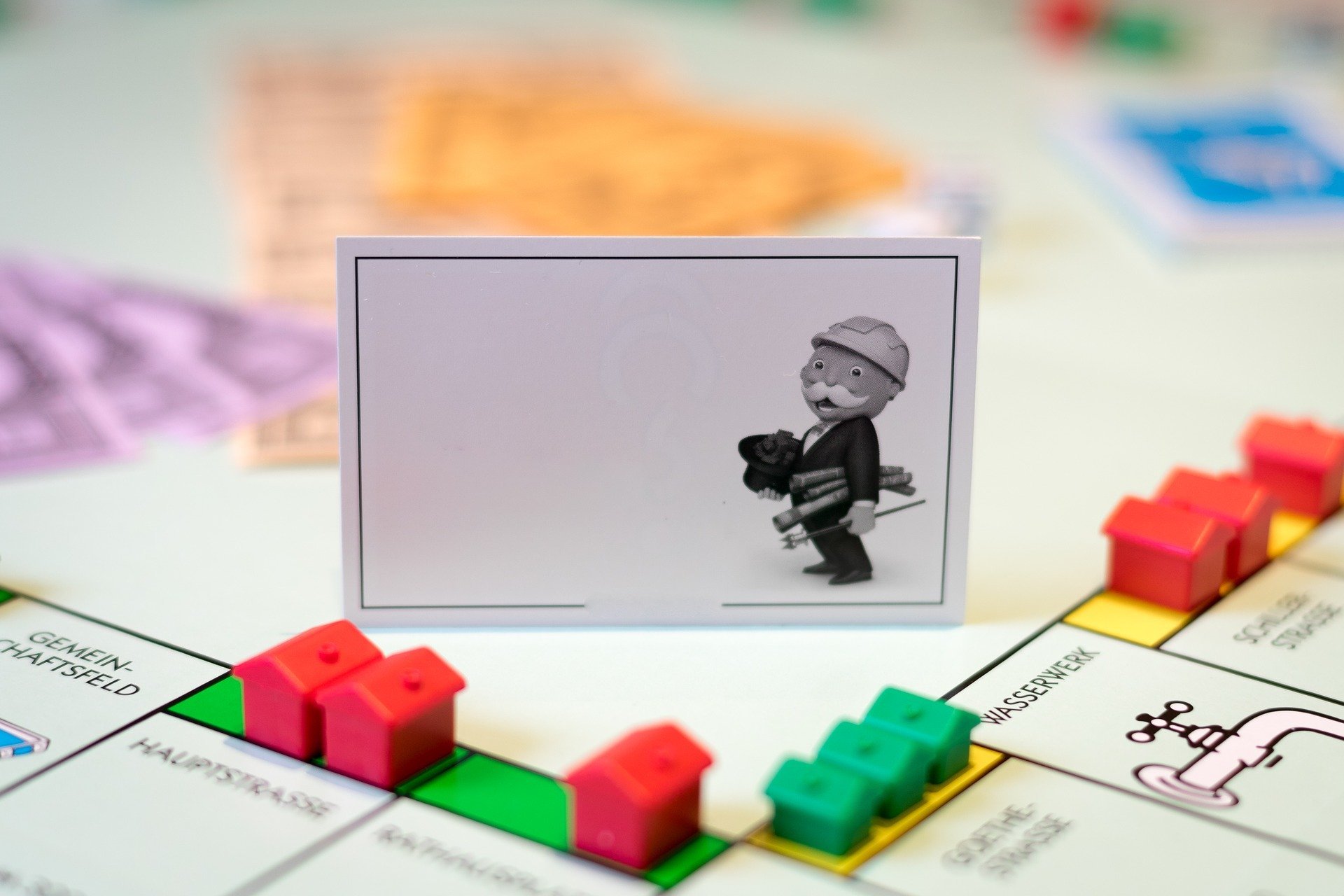
This part will apply to those of you purchasing your property as an income generator. If you are making an income from a rental property in Costa Rica, you are expected to pay a 15% income tax to the Costa Rican government.
However, the first 15% of the rent you have collected is deductible for expenses, so in actuality you are paying 15% tax on 85% of your income.
VAT/IVA Tax
The VAT (known in Spanish as Impuesto de Valor Agregado (IVA)) is the Costa Rican sales tax.
All rental income is subject to the VAT, meaning that you must add 13% VAT to the price of all rentals, and that amount must be remitted to the Ministerio de Hacienda.
Here is where things start getting a little bit different. If your property was purchased under a corporation, then you are also responsible for maintaining books for that corporation that show all annual incomes and expenditures.
This is generally done by an accountant who will charge an annual fee for the service of about $250. The accountant will be responsible for determining how much you owe in taxes, which is good because as you will see in the next section- it can be complicated.
Corporation Tax
Corporate taxes are collected on a sliding scale as follows:
- annual income of more than 112,170,000 colones (about $172-$173,000 US)- pay 30%.
- annual income of more than 10,573,000 colones (about $16,000 US) -pay 20%
- annual income of between 7,930,000 and 10,573,000 colones (about $12-16,000 US) -pay 15%
- annual income of between 5,286,000 and 7,930,000 colones (about $8-12,000 US) -pay 10%
- annual income of less than 5,286,000 colones -pay 5%
It is important to note that there are tax breaks for small/micro businesses that have been properly registered with the Ministry of Economy, Industry, and Commerce (MEIC) or with the Ministry of Agriculture and Livestock (MAG).
These businesses pay 0% tax on profits for the first year, 25% tax on profits for the second year, and 50% tax on profits on the third year of commercial activities. (Barrantes, 2022)
The next section only applies to those of you who have purchased or plan to purchase a property that is within a community or development.
In most cases, these properties, whether they are standalone homes or condominiums, share common areas such as clubhouses, tennis courts, pools and so on. These items, along with the development’s infrastructure, need to be maintained.
To do so, most of them will collect dues in the form of monthly fees known as HOA fees.
Condominium Fees or HOAs
Condo fees or HOAs (Homeowner Association Fees) are collected to help cover the cost of proper maintenance, repairs, and upkeep of the common or shared areas of the property.
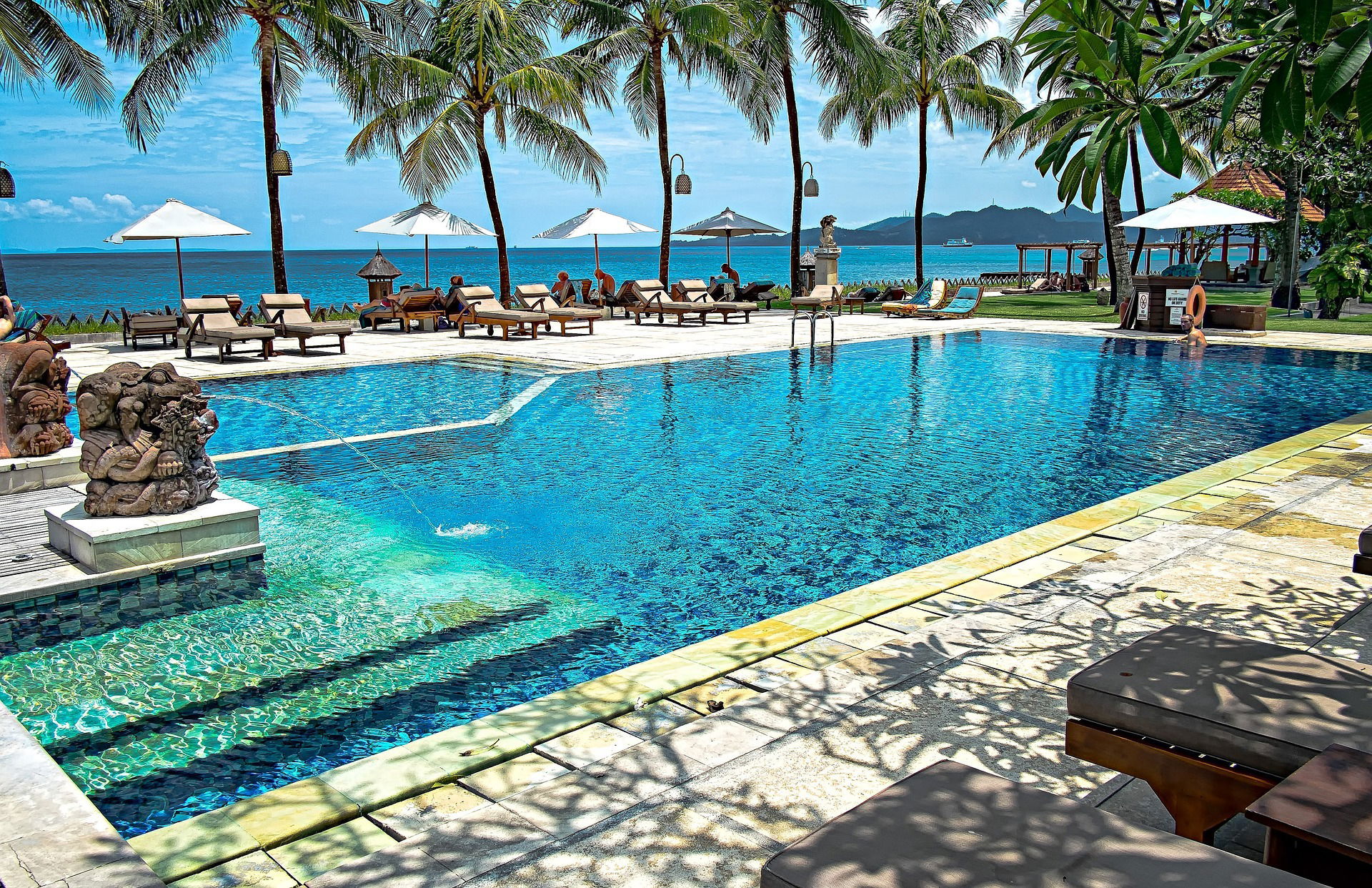
This will usually cover such things as landscaping, pool care, infrastructure and security… but it is always important to clarify which items are included and which you will be responsible for.
If you buy a home in an existing condominium or development, you can ask upfront about what those costs are.
If you are buying into a new development that isn’t completed yet, you may not find out how much your monthly fee will be until the development is completed, at least to the point where the first owners move in, staff is hired, and regular maintenance and security begins.
Depending on the size of the development/condo, how upscale it is, how many amenities there are, and its location, HOA or Condo Fees can run you anywhere from a couple hundred dollars a month, to a couple of thousand.
Utilities
ELECTRICITY The cost of utilities such as water, electricity, internet, and basic cable can vary quite a bit depending on the size and style of your home, your lifestyle, and of course, your location.
Mountainous areas have a much lower average temperature and homes in those areas may not even need an air conditioner, which will result in you using much less electricity than a home in say, Guanacaste, where the temperatures are significantly higher.

There are also higher rates during peak hours, so how and when you air condition, or run the washer/dryer, can have a big impact on your bill.
ICE is the main electrical company in Costa Rica and their rates are on a sliding scale. If your usage is below 10kW, the rate is much lower. This basically creates a system that allows poorer residents with lower usage to get their electricity at a much more reasonable rate.
Electricity costs can range from 63.22 colones per kWh to 112.31 per kWh. Users with a consumption higher than 10kW will be asked to pay a higher fee, and a tariff of 11,107.50 colones (about $17 US).(Residenciales, 2021)
WATER In many cases, those of you who have an HOA will find their water is included in the monthly fees.
If they aren’t, you will need to set up an account with the Municipal water suppler. Municipal water is very convenient, but it can be expensive depending on your area. However, not all areas of the country have access to municipal water.
Rural areas that are not connected to municipal water supplies may be less expensive, depending on your usage because these homes will have a holding tank. In this instance, you purchase a load of water as needed and trucks will arrive to refill the tank.
**As a side note, many rural properties don’t have a water-heating system because these water tanks are often black and the water is naturally warmed by the sun.
This is a common naturally energy-efficient way of building, but may take some getting used to for those of you who enjoy hot showers. Personally, I find myself more interested in a nice cool shower on a hot day and seldom use my hot water for that reason.
If you purchase a rural property, be sure to ask if there is a water-heating system in place before you buy so you can install one if that’s a must for you.
Click here for water rates by cubic meter. Municipal water rates will also include charges to cover the cost of septic.
Rural property owners will have to deal with septic tanks and waste removal costs on their own.
INTERNET, TV SERVICES, AND CELLPHONES
ICE also provides internet and cellphone services through Kolbi (now known as Liberty). Landlines aren’t common here, but internet and cell phone service providers are, and the prices are quite reasonable.
The other most popular companies are Movistar and Claro. Many people who only plan to make local calls use prepaid services, which are extremely cost effective. You can buy prepaid cards for as little as $5 US or you can “top up” your minutes at many convenience and grocery stores.
Internet can also be purchased in a bundle from ICE or other Cable TV companies like CableTica or Amnet/Tigo, although many expats choose to invest in a VPN and subscribe to television services in their home countries, and much of the cable television in Costa Rica will be, of course, in Spanish.
Costs range depending on the package you choose, and the speed you are looking for. Services are being improved rapidly and in the more urban areas, you can get reliable 5G high speed service.
We recently discovered the joy of having a firestick. It plugs directly into our smart TV and gives us access to all the popular networks. We still need a VPN to get shows from home, but we were able to cancel our cable subscription.
Security
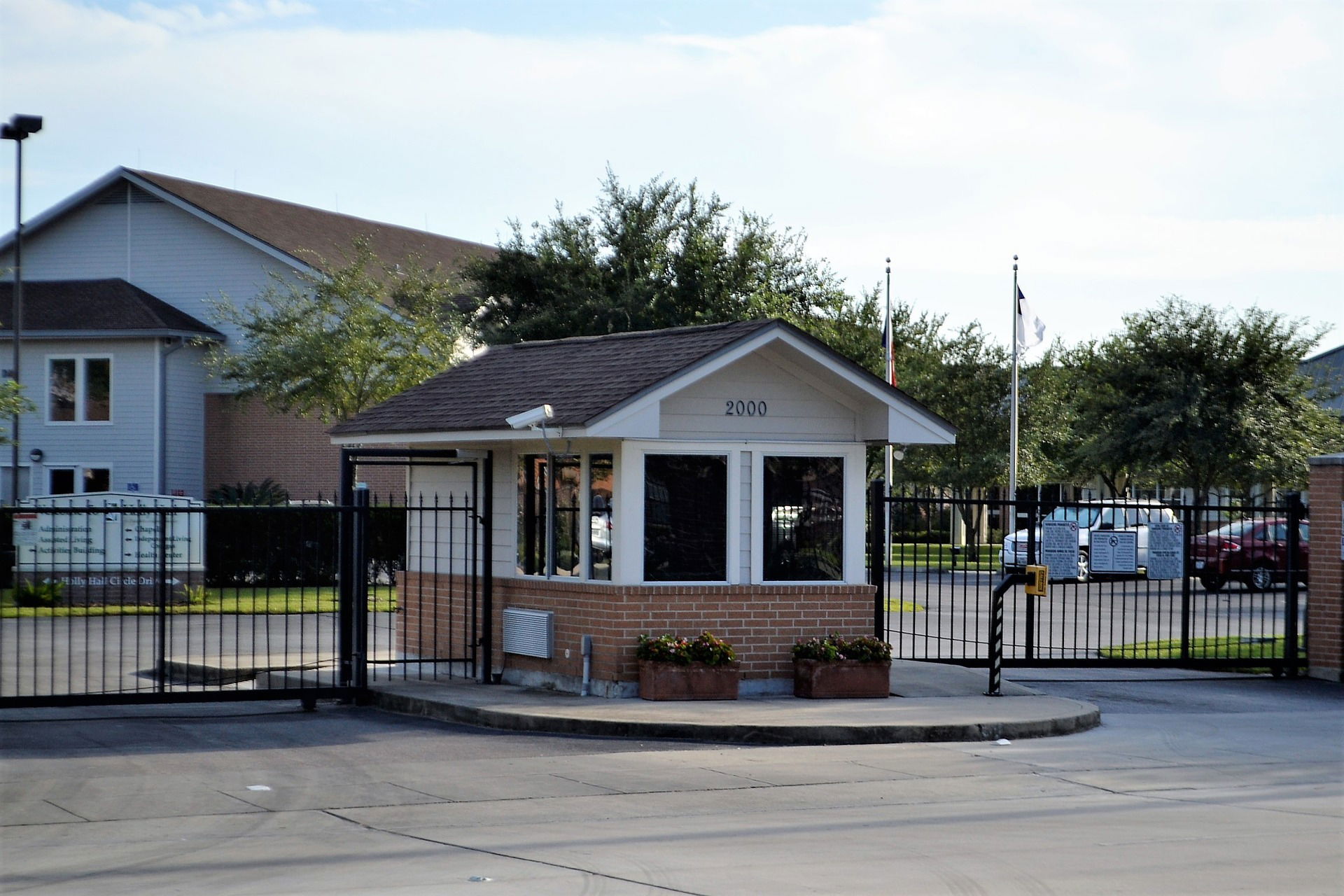
All homes require some measure of security, regardless of where they are. That is no different in Costa Rica.
The level and type of security will vary depending on what type of property you purchase, its location, and the amount of time you, or others, will spend at the property.
Homes or condos purchased within developments will come with a certain amount of security already in place, especially if the community or condo is gated because there are usually guards on duty 24/7, and that cost is included with your condo fees or HOAs. If that is the case, you will require little in the way of additional security.
If you plan to rent your property, you can invest in a lockbox with a coded keypad that will hold a key for your renters to use during their stay.
If, however, you are buying an urban or rural property on an individual lot, then it is common to fence your property to protect your home and belongings.
Costa Rica has a very low crime rate, in terms of violent crime... however, theft is common, as is squatting, and it is prudent to take precautions and save yourself the headache of issues later.
If you purchase a home or rental property that will be empty for long periods of time, and that property is not within a gated community, you should hire some form of security for the property because the hardest issue to fix is squatters.
Once someone moves into your empty home or rental property, the legal process to have them removed is lengthy.
Many rural properties will include a caretaker’s cabin where people live while they watch your property. Their accommodations become part of their wage, similar to working for “room and board” back home.
What is the Best Area to Buy Property?
The answer to this question is entirely subjective and will change with each individual depending on their needs.
Deciding which area will suit you best comes down to learning what each region has to offer to find out which one checks the most boxes on your bucket list and fits within your budget.
As a rule, the price of waterfront is significantly higher than inland properties, and urban properties are more expensive than rural properties.
Many people prefer urban areas because they provide easier access to amenities, activities, and shopping. The downside is that they are also more crowded and noisier. There is also the issue of traffic congestion in the larger towns and cities.
Other people prefer to immerse themselves in nature where they can enjoy a more authentic Pura Vida lifestyle and more privacy but must travel further to get to shopping and basic necessities.
If you are buying property for a home that you will be living in yourself, then you can choose property in an area that best suits your lifestyle.
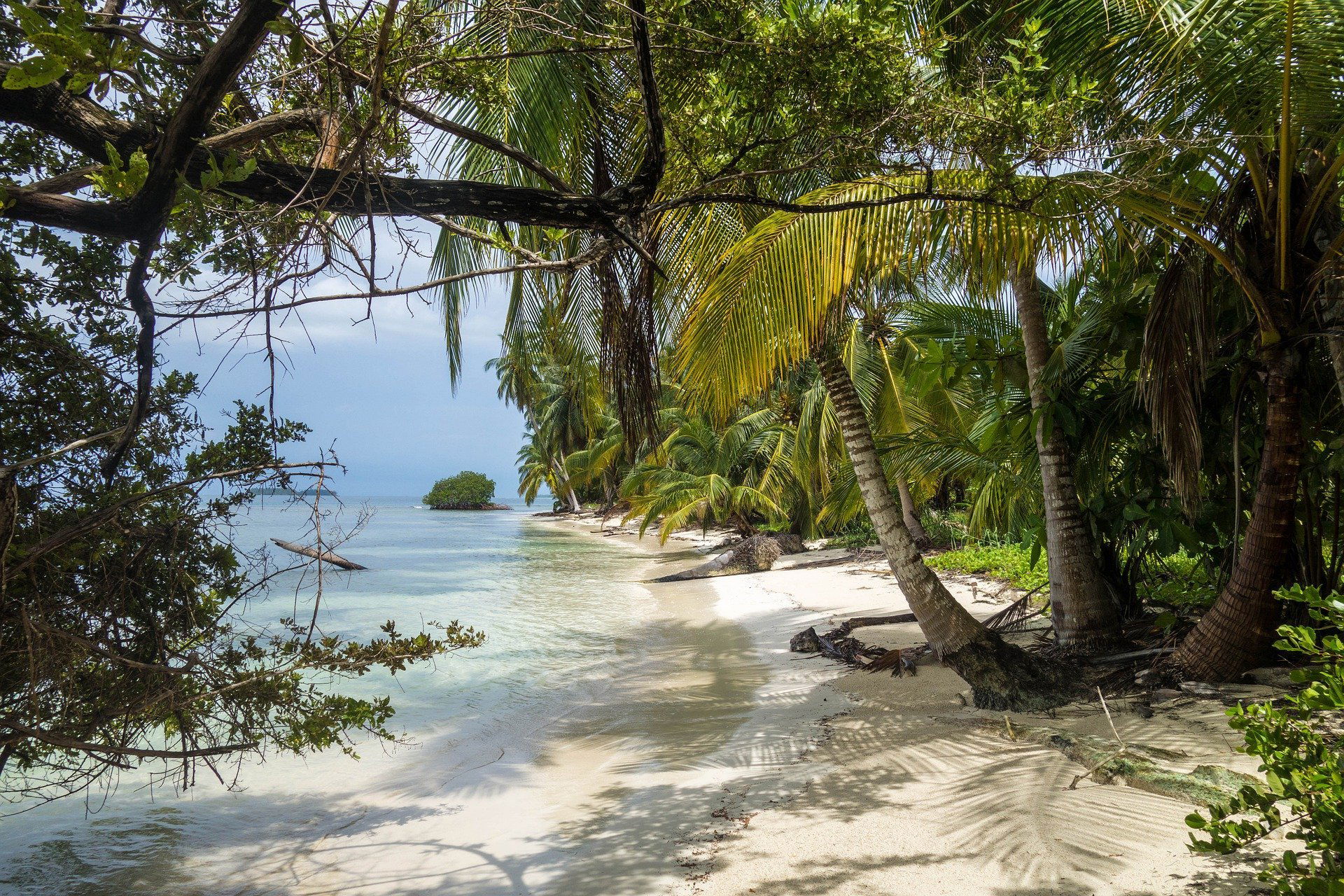
If you are buying an investment or rental property, then it is best to understand what areas and features are most popular with the tourists and will, therefore, bring you higher returns on your investment.
And that concludes our section on taxes and utilities, yay! I hope you are finding this information helpful.
Please feel free to send any questions you have and we will do our best to find the answers.
Next time we will be discussing what you need to know before you build a home in Costa Rica. We will also talk about preconstruction developments and how that process usually works, with examples.
Until then,
Pura Vida!
